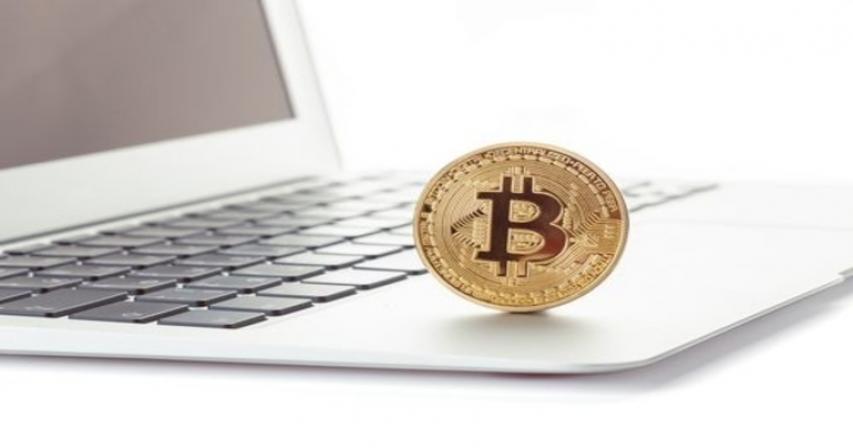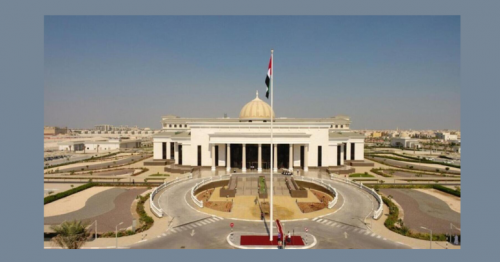Do you know? Why Bit coin is legal in Dubai?

This is the first in a chain of articles considering legal problems regarding bitcoin, cryptocurrencies and blockchain in the UAE. In this text we awareness at the prison status of bitcoin and address the query of whether or not bitcoin is banned inside the UAE. In part two we are able to keep in mind the case for regulating bitcoin and cryptocurrencies and in part three we are able to don't forget criminal troubles referring to the adoption of blockchain era via public and personal entities within the UAE.
Recent developments within the payments regulatory environment inside the UAE have became a spotlight at the criminal fame of bitcoin and other cryptocurrencies in UAE. On 1 January 2017, the UAE Central Bank published the “Regulatory Framework For Stored Values and Electronic Payment Systems” (see additionally United Arab Emirates – the New Digital Payments Regulatory Landscape).The cognizance of the Regulations became “to facilitate robust adoption of digital bills across the UAE in a stable manner,” but the Regulations contained the following declaration which first of all caused some concern among the cryptocurrency community in the UAE:
“D.7.3. Provisions for Virtual Currencies – All Virtual Currencies (and any transactions thereof) are prohibited”
On its own phrases, this announcement was open to one viable interpretation as banning bitcoin and all different cryptocurrencies in the UAE. On 1 February 2017, the Governor of the UAE vital bank, His Excellency Mubarak Rashed Khamis Al Mansouri, issued a assertion to Gulf News announcing that “these rules do not cover ‘digital currency’” and “these guidelines do now not follow to bitcoin or other cryptocurrencies, forex exchanges, or underlying technology which include Blockchain.” He further introduced that digital currencies are below review by means of the Central Bank and new policies could be issued as appropriate. This, and the report from the Dubai Supreme Legislation Committee in November 2016 that it changed into thinking about “the prevailing and future of the legislative and legal frameworks associated with cryptocurrency referred to as Bitcoin” is a completely welcome sign that the UAE is seeking to broaden mature regulatory surroundings for the use of bitcoin and other cryptocurrencies and we eagerly await similarly steerage from the UAE authorities in this subject.
In the interim, the question remains – what's the cutting-edge felony status of bitcoin in the UAE?
Bitcoin – a currency or a commodity?
A threshold query in thinking about the criminal repute of bitcoin is whether it's far categorised in a jurisdiction as a commodity (like gold) or a currency (like dirhams or US dollars). There is not any clean international consensus in this query on the moment – within the US, bitcoin has been treated as a commodity with the aid of the Commodity Futures Trading Commission and within the European Court of Justice, bitcoin has been handled as a foreign money for VAT purposes. Why does this matter? It matters for some of reasons:
• From a regulatory authority perspective, if bitcoin is dealt with as a commodity it would fall below the regulatory remit of the UAE Securities and Commodity Authority, whereas if dealt with as a foreign money, it might fall under the regulatory authority of the UAE Central Bank.
• From a tax perspective, if bitcoin is a commodity, it may be challenge to a income tax inclusive of VAT, whereas if it is a forex then it might not be situation to such taxation. While this isn't presently an problem inside the UAE, it may come to be an vital issue once VAT is introduced in 2018.
From a property rights perspective, if bitcoin is a commodity then it's far a shape of belongings over which unique title may be asserted and transferred, while if bitcoin is a forex then a bitcoin virtually represents a declare to the fee represented by means of the bitcoin, but no longer a shape of assets in and of itself. This difference may seem unimportant on the surface but raises enormous problems with respect to how bitcoins ought to be treated for in matters of trustee obligations, intestacy, sales of goods and financial disaster and insolvency.
• UAE authorities haven't begun to problem formal steerage on the whether they view bitcoin as a foreign money or a commodity, but it's miles arguable that the brand new Regulations, while no longer prohibiting bitcoin outright, do perform to prohibit the use of bitcoin as a form of forex in the UAE for payments or money remittances and by means of default the handiest use case of bitcoin that isn't currently prohibited under UAE regulation is buying and selling bitcoin as a commodity. This position may also change – as cited above the UAE Central Bank and Dubai Supreme Legislative Committee are considering the felony fame of bitcoin and may also trouble policies in which bitcoin is clearly treated as a shape of forex and permitted for use as such within the UAE. Until that happens, organizations that deal with bitcoin as a currency that may be used as a shape of payment inside the UAE or currency remittances from the UAE have to proceed carefully and seek similarly steering as to whether or not or now not their offerings are affected (or prohibited) by way of the cutting-edge draft of the brand new Regulations.
What about blockchain? Is it treated the same manner as bitcoin and cryptocurrencies?
It is very important to make a difference between blockchain as an corporation and social generation and bitcoin as absolutely one use case, albeit the maximum a hit use case to date, of that era. At a completely basic level, a blockchain is a dispensed ledger that records bitcoin transactions and is comparable to an electronic database ledger used via financial offerings businesses to document fiat foreign money transactions. We will discuss the laws relevant to using blockchain by way of a public or personal region entity in a destiny article, however in terms of asking whether or not or no longer blockchain is permitted in the UAE, it would seem that there are no laws that prohibit the usage of blockchain as an opportunity to a more traditional database ledger.
Where subsequent for bitcoin and blockchain within the UAE?
Bitcoin and blockchain seem like at the radar of the UAE Government and the UAE Central Bank. The above file from the Dubai Supreme Legislation Committee notes that the UAE, “must be among the first in the vicinity and the world to establish a legislative framework and a monetary and organisational shape for this technology.” This might be a welcome development and in the next article we can set out the case for regulating bitcoin and cryptocurrencies and outline a few possible strategies to growing a regulatory environment that protects confidence in the UAE’s economic systems, protects the consumer, helps the UAE’s smart authorities initiatives and drives innovation and increase within the fintech, payments and blockchain sectors.






Comments